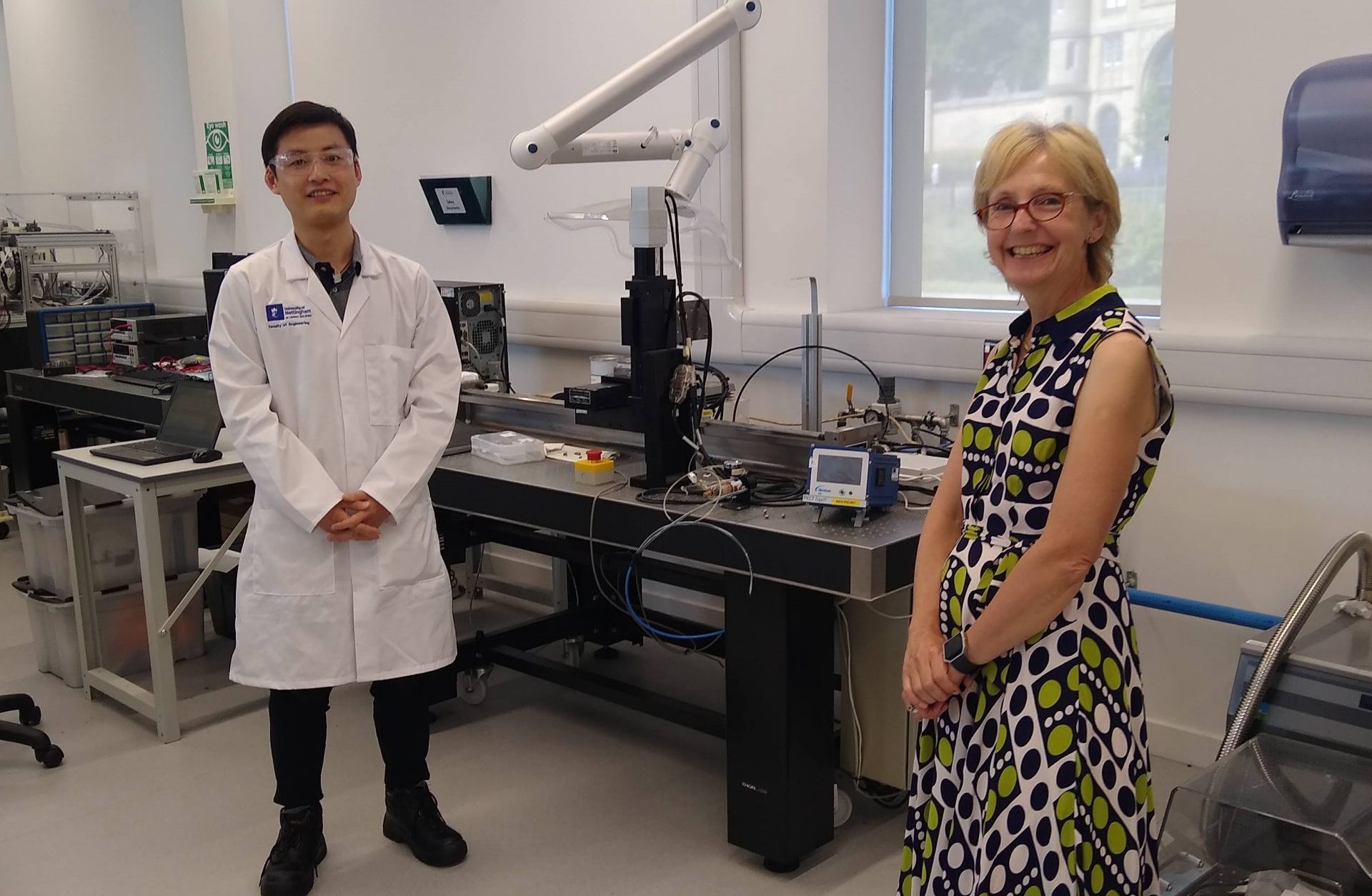
July 9, 2020, by Rob Ounsworth
The return of research to campus
As the first phase of buildings on our UK campuses re-open, Professor Dame Jessica Corner visited researchers to find out more about their work and meeting the challenges ahead
At the Advanced Manufacturing Building on Jubilee Campus, Dame Jessica was welcomed by Senior Research Technician Mark East and Professor Richard Hague of the Centre for Additive Manufacturing, which during lockdown has been active in 3D-printing face shields for health workers.
Mark and his technician colleagues have been instrumental in the re-opening of labs and research areas.
Dame Jessica also met researchers including Dr Nesma Aboulkhair, an Anne McLaren Fellow, and PhD student Negar Gilani, who are working on the drop-on-demand jetting of copper and other high temperature metals, with the aim of depositing multiple materials together for “colour” metal 3D printing of multi-functional micro-electronic components, while Post Doc Geoffrey Rivers and PhD students Eva Kingwood, Leonidas Gargalis and Fiona Spirrett also talked about their research into inkjet and 3D printing.
Eva, who is contributing a forthcoming series of blogs reflecting on researchers’ experiences during lockdown, and their return to on-campus working, said: “It was a pleasure to meet Dame Jessica, who asked about my research into inkjet printing of pharmaceutical devices loaded with multiple drugs. The use of 3D printing allows for highly precise drug placement within a medical device, allowing for tailorable drug concentrations and release profiles to be administered into the patient’s system, when and where they are needed. Doing so will help revolutionise healthcare through cost-effective and personalised treatments.
”We also discussed working in the current social distancing environment, with a full reshuffling of the lab system including one-directional walking routes, thorough cleaning practices and equipment scheduling implemented to ensure only one researcher is in a given working area at any one time. Although there is a noticeable change in the way that research is conducted in the Advanced Manufacturing Building, these new rules have been imperative in giving myself and other researchers the opportunity to gain the experimental results needed to complete our studies whilst maintaining the new health and safety requirements.”
At the Chemistry Building Dame Jessica met Professor Andrei Khlobystov of the Nanoscale and Microscale Research Centre, who has played a key role the cross-faculty work in prioritising research projects for return, and Head of Operations David Chambers-Asman and Technical Lead Martin Dellar, who shared their experiences of addressing the complex challenge of reconfiguring research environments so our people are kept safe. PhD Katie Reynolds, who has been very proactive in the re-opening process in the school, also shared insights, while Jessica met Research Fellow Darren Lee, Max Astle, a research associate, and PhD student Jack Jordan in the labs.
During lockdown Professor Khlobystov continued collaboration with Ulm University (Germany) on materials imaging and analysis and was able to carry out crucial experiments remotely. The team exchanged tiny quantities of samples of materials affixed to microscopy grids posted via courier mail, followed by a discussion of experimental details via video link, and microscopy measurements being carried out by colleagues at Ulm. The data revealed new dynamic phenomena in metal clusters taking place at the atomic scale, withresults to be published in a Nature Group journal.
Research during lockdown
The Biodiscovery Institute’s Director, Professor Chris Denning, guided Dame Jessica through its stunning new extension. She learned about the COVID-19-related research that Professor Lindy Durrant and Dr Ruth Griffin have continued throughout lockdown to work towards a vaccine, which featured on SkyNews in June and attracted 555,387 watches on YouTube, and work to understand the impact of the virus on our respiratory systems. Dr Andy Jackson also told Dame Jessica of the stem cell, regenerative medicine and cancer Masters Courses he oversees.
Final year PhD student Hannah Jackson about how the Institute supports career development, but also frustrations caused by lockdown. She is due to submit her thesis – on the role of exosomes as biomarkers for Medulloblastoma, the most prevalent type of malignant brain tumour in children – but is awaiting news on when her own lab can re-open to support completion of her studies.
Referring to her latest update on recovery, Dame Jessica said: “Access to labs and interruption to research are key concerns. Access to research facilities is gathering pace but buildings are re-opening in phases, allowing us to manage our resources while remaining absolutely committed to health, safety and wellbeing.”
A system of prioritising research for return to campus was essential to managing this complex process. PGR students in their final year, as well as postdocs on time-limited funding, are among the priorities identified by the University’s Recovery Group, but she added: “Please be patient – we are building experience, allowing us to devolve this process and amplify the return of research, but in the meantime please wait for notification from your line manager on returning to campus.”
Please see COVID-19 Recovery Planning for more on this process, including the latest schedule for re-opening of buildings.
Hannah, who is also editor of the Beady Eye (the BDI monthly newsletter), also told Dame Jessica she was planning to apply to extend her studies, which are due for completion in September, to make up for lost lab time.
Hannah said: “As an non-UKRI funded PhD, we are aware that the University has prioritised UKRI-funded extension applications in order to meet UKRI deadlines, but we’re awaiting notification of when our applications for an extension can be submitted.”
Announcement on PGR extensions
Following her visit to the BDI, Dame Jessica has announced that, as of today, 9 July, a total of six months extension of registration, with no additional fees payable by the student, will be offered for all PGRs whose registered period of study would have originally concluded between 1 March 2020 and 1 October 2021.
This exceptional decision is in response to the impact of the coronavirus pandemic and national social distancing restrictions on PGRs, their studies and wellbeing.
Further information on what PGRs need to do
“Thank you for all for your patience – meeting dedicated early career researchers like Hannah has reinforced the pressing need for clarity in these troubling times – and I am pleased that we are now able to offer a clearer picture on extensions and the resources and guidance available.”
Dame Jessica added: “My visits were informative and rewarding. My sincere thanks to all who made it happen – from, Estates James Hall, who worked on the re-opening the Biodiscovery Institute; Debbie Smith (Chemistry); Hugo Bloch (Advanced Manufacturing Building and Plant Sciences and Plant Sciences) and Ashley Roberts (Vets School); from Health and Safety, Louise Cupitt, Sarah Watson, Alice Smith, Gill Glenny, Colin Stuart and Barrie Ellis.
“These amazing people, together with on-site operations colleagues, are vital to the complex task of coordinating our phased re-opening of buildings.
“The researchers and technical staff I met – at a safe distance – are also a wonderful testament to the resilience and goodwill that is driving the steady increase of our on-campus research activity.”
No comments yet, fill out a comment to be the first

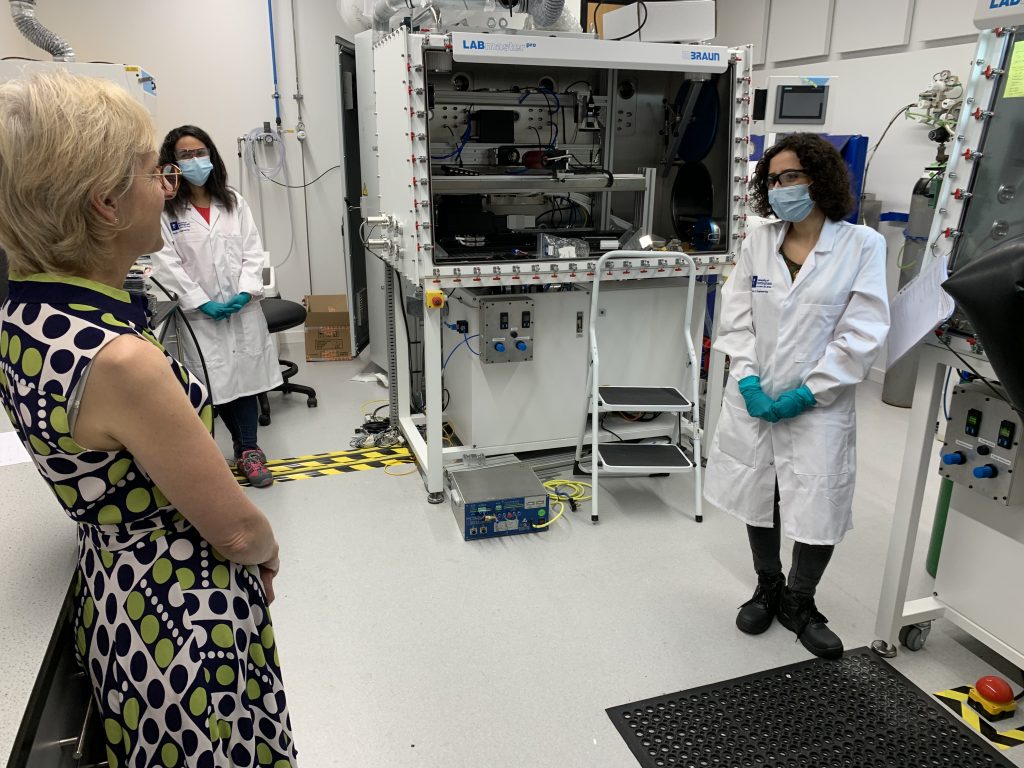
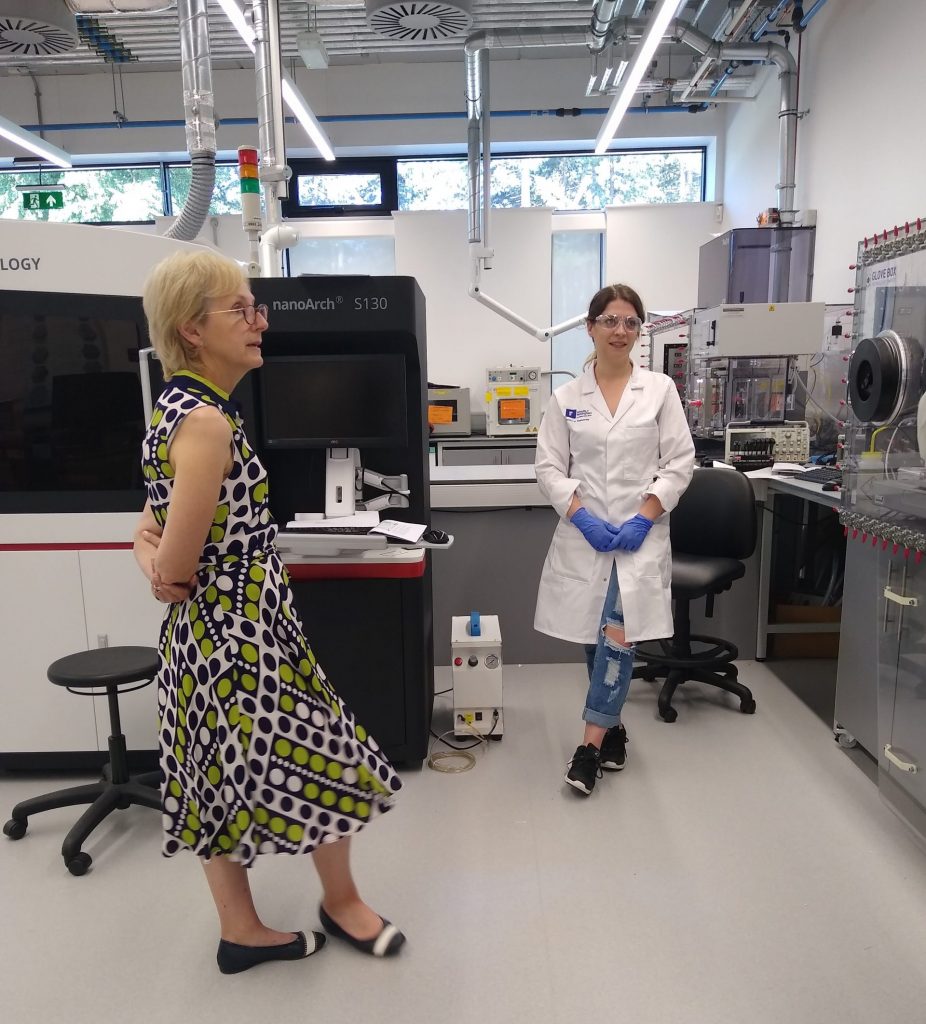
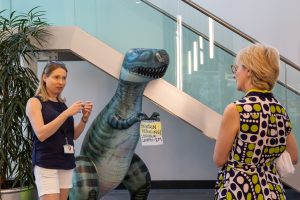
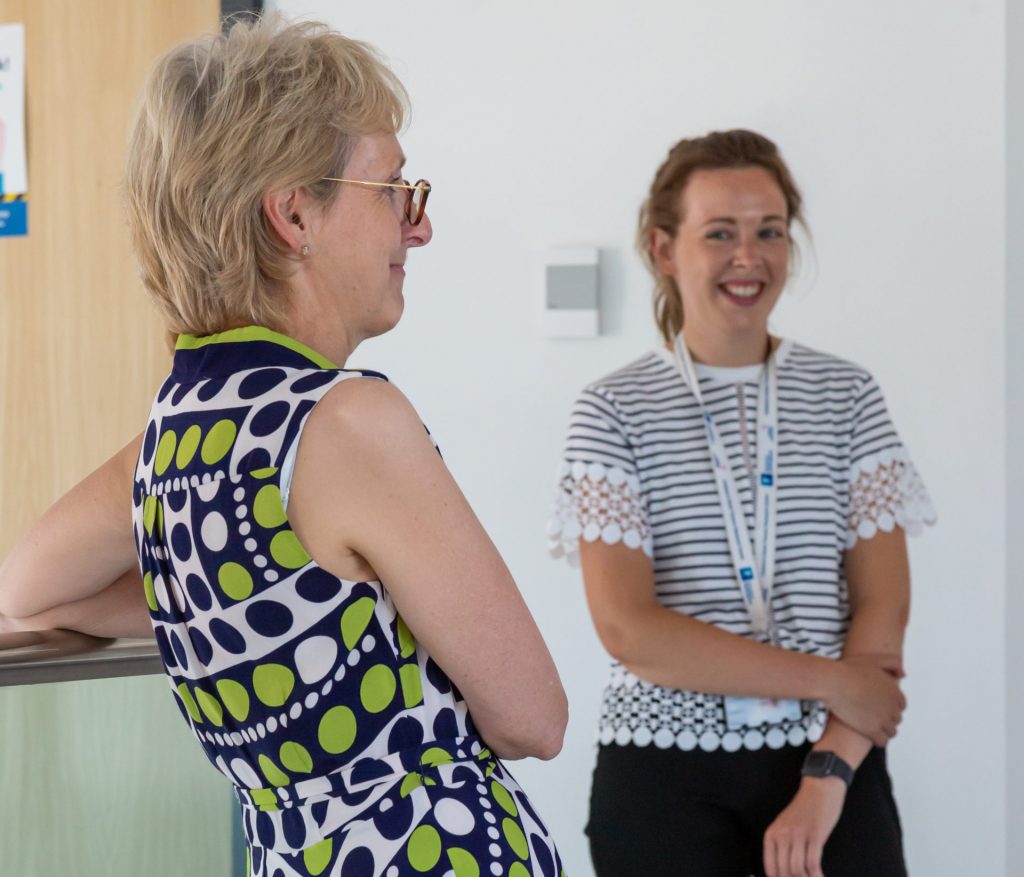
Leave a Reply